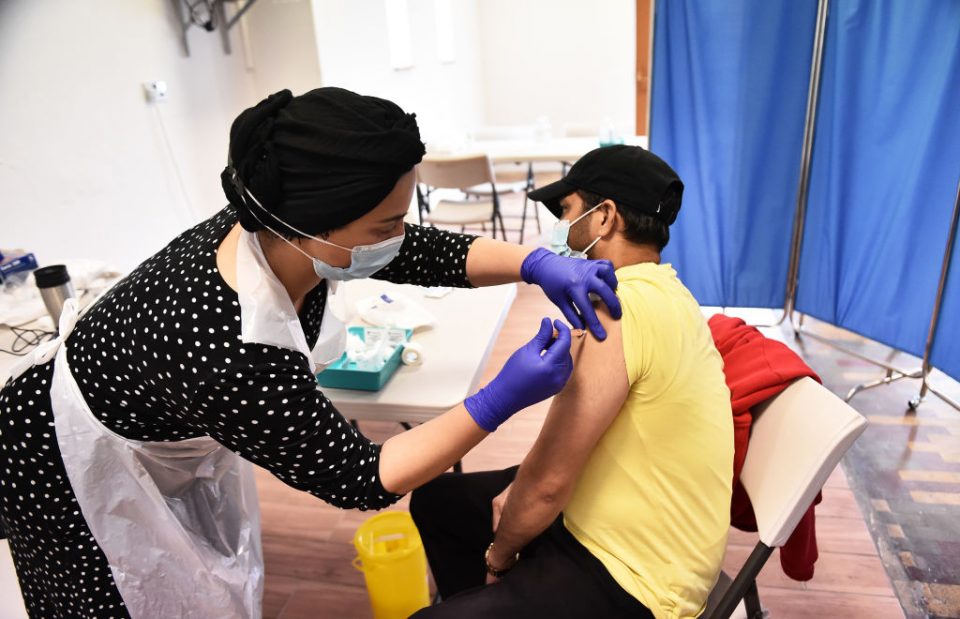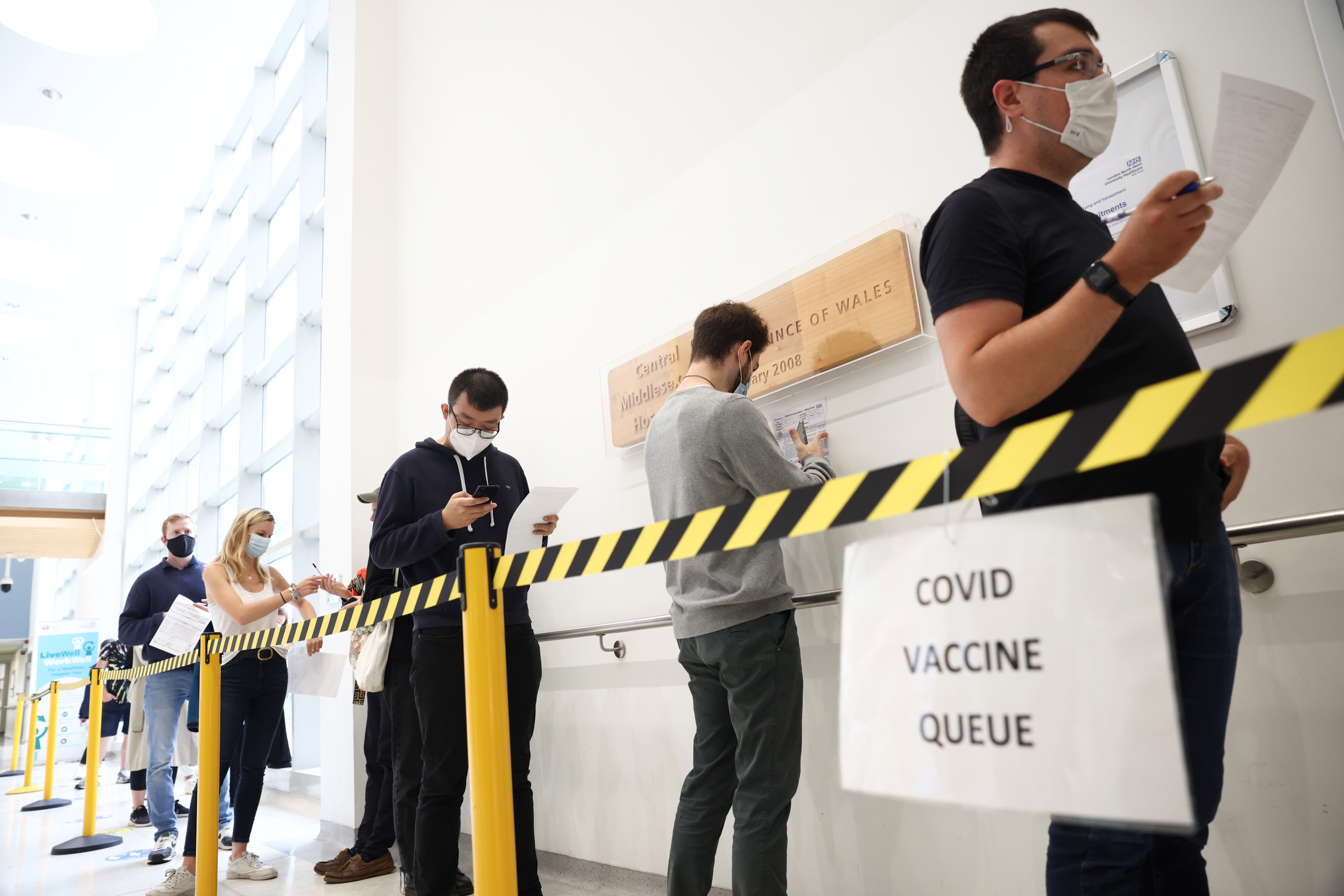Post-Vaccination Infectivity With Delta Contagion
"With Alpha [the original mutated SARS-CoV-2 virus, that emerged in Great Britain], people with two doses had really low levels of virus.""When Delta started to come in, the first thing that happened was that the virus values went up and now we really don't see any difference in the amount of virus people get if they get infected after vaccination.""Two doses are still protective, you are still less likely to get infected, but if you do, you will have similar levels of virus as someone who hasn't been vaccinated at all.""But the fact that they [vaccinated individuals] can have high levels of virus suggests that people who aren't yet vaccinated may not be as protected from the Delta [originated in India] variant as we hoped ...""I suspect the higher levels of the virus in vaccinated people are consistent with the fact that unvaccinated people are still going to be at high risk."Sarah Walker, professor of Medical Statistics and Epidemiology, University of Oxford"While vaccinations reduce the chance of getting COVID-19, they do not eliminate it.""[Our] data shows the potential for vaccinated individuals to still pass COVID-19 on to others and the importance of testing and [self-isolation]."Dr.Koen Pouwels, senior researcher, Nuffield Department of Population Health, Oxford University
 |
| DERBY, ENGLAND - APRIL 09: Sonia Akbar administers the AstraZeneca aka Oxford Covid-19 vaccine to a patient at a pop up vaccination centre. (Photo by Nathan Stirk/Getty Images) |
Now we know that fully vaccinated people while acquiring a large measure of immunity to the coronavirus once inoculated, may still carry a risk of communicating the virus to others if they are infected with the Delta strain, because though their own risk levels are immensely reduced, they retain a high level of communicable virus, comparable to the load that the unvaccinated who contract COVID-19 carry.
There was a hope nourished by experts in the field that the two vaccine doses comprising the full vaccination process would result in a significant reduction of the viral load that people who become infected carry with them, thus effectively lowering risk of passing the disease on to others. Past studies indicated that vaccinated people who went on to contract the Alpha variant picked up a lower viral load than did people who were unvaccinated and contracted the Alpha strain.
The Delta variant, now globally considered a 'strain of concern', altered that reality, a new study by Oxford University revealed. The Delta variant, while being far more communicable than the Alpha strain also has the effect of reversing load reduction of the virus seen with the Alpha strain. With Delta, even those who are fully vaccinated go on to carry high virus levels if infected, and become likelier to be symptomatic as opposed to vaccinated individuals who contracted an Alpha infection.
It appears, from these study results that people who are fully vaccinated may pass on the virus to others, as readily as those who are unvaccinated. The brighter perspective is that when vaccinated, people are less likely to be infected with the virus, to begin with.
Dr.Walker, chief investigator and academic lead for the COVID-19 Infection Survey, is not entirely certain whether transmission would be as steep resulting from the high viral loads with the vaccinated since having been vaccinated the tendency is for them to clear the virus mores swiftly, so they are infectious for a shorter period of time than the unvaccinated.
According to a large study published in The BMJ, two doses of the Pfizer vaccine endowed a 97 percent protection level against coronavirus death occurring in nursing home residents.
"It’s actually quite dramatic how the growth rate will change,” says F. Perry Wilson, MD, a Yale Medicine epidemiologist, commenting on Delta's spread in the U.S. in June. Delta was spreading 50% faster than Alpha, which was 50% more contagious than the original strain of SARS-CoV-2, he says. “In a completely unmitigated environment—where no one is vaccinated or wearing masks—it’s estimated that the average person infected with the original coronavirus strain will infect 2.5 other people,” Dr. Wilson says. “In the same environment, Delta would spread from one person to maybe 3.5 or 4 other people.”“Because of the math, it grows exponentially and more quickly,” he says. “So, what seems like a fairly modest rate of infectivity can cause a virus to dominate very quickly.”Yale Medicine
 |
| People queue to receive a dose of the Pfizer BioNTech vaccine at the Central
Middlesex Hospital in London, Britain, August 1, 2021. REUTERS/Henry Nicholls |
Labels: COVID-19, Delta, Infectivity post-Vaccination, Strain of Concern

0 Comments:
Post a Comment
<< Home